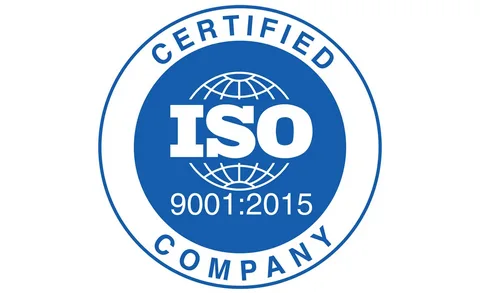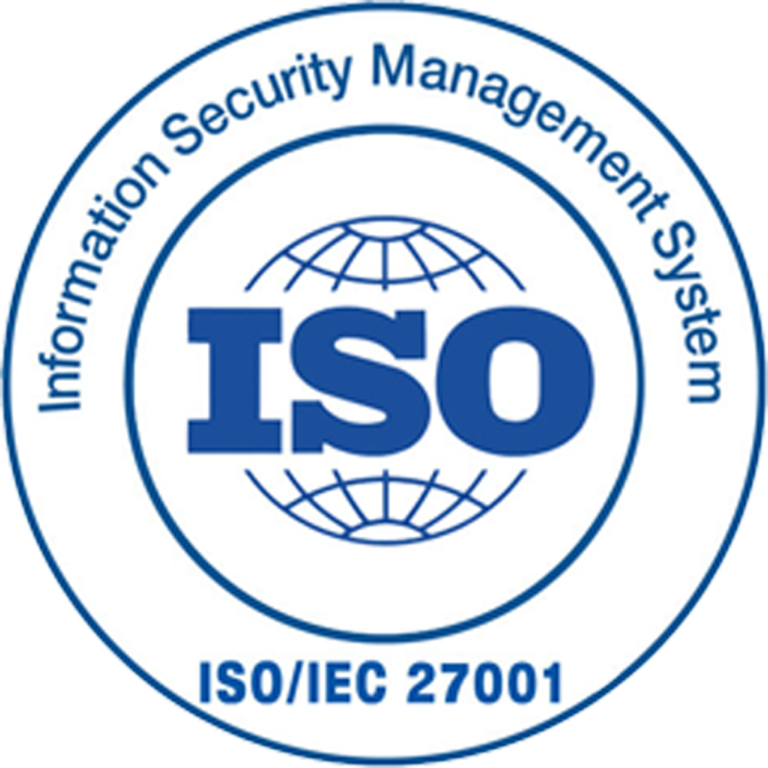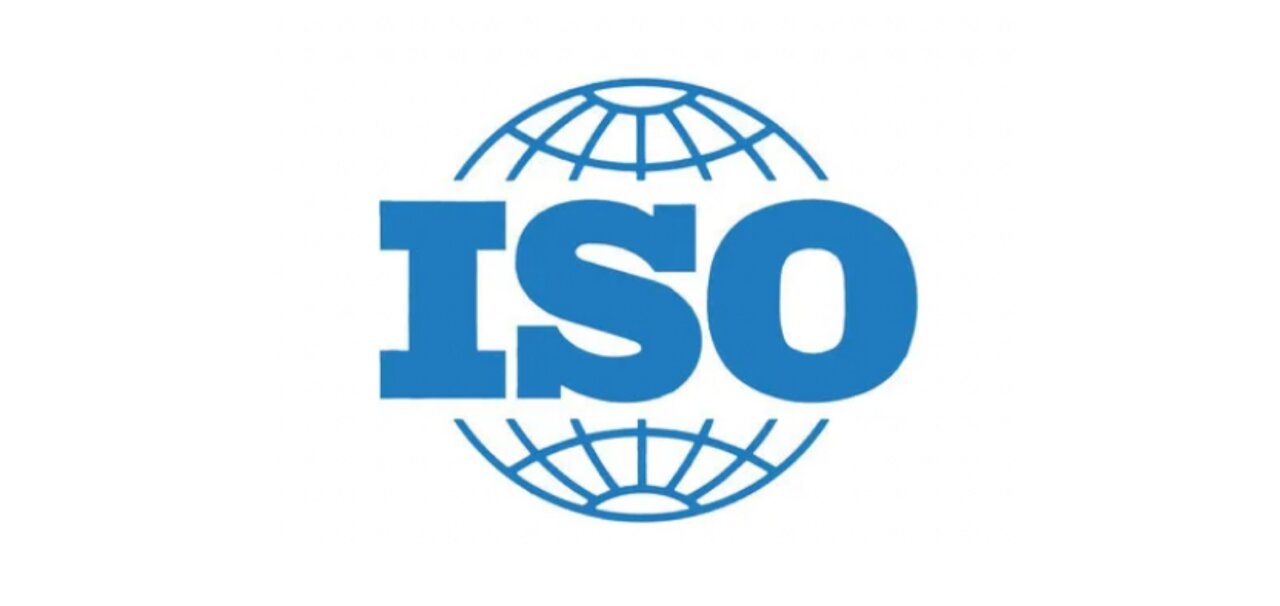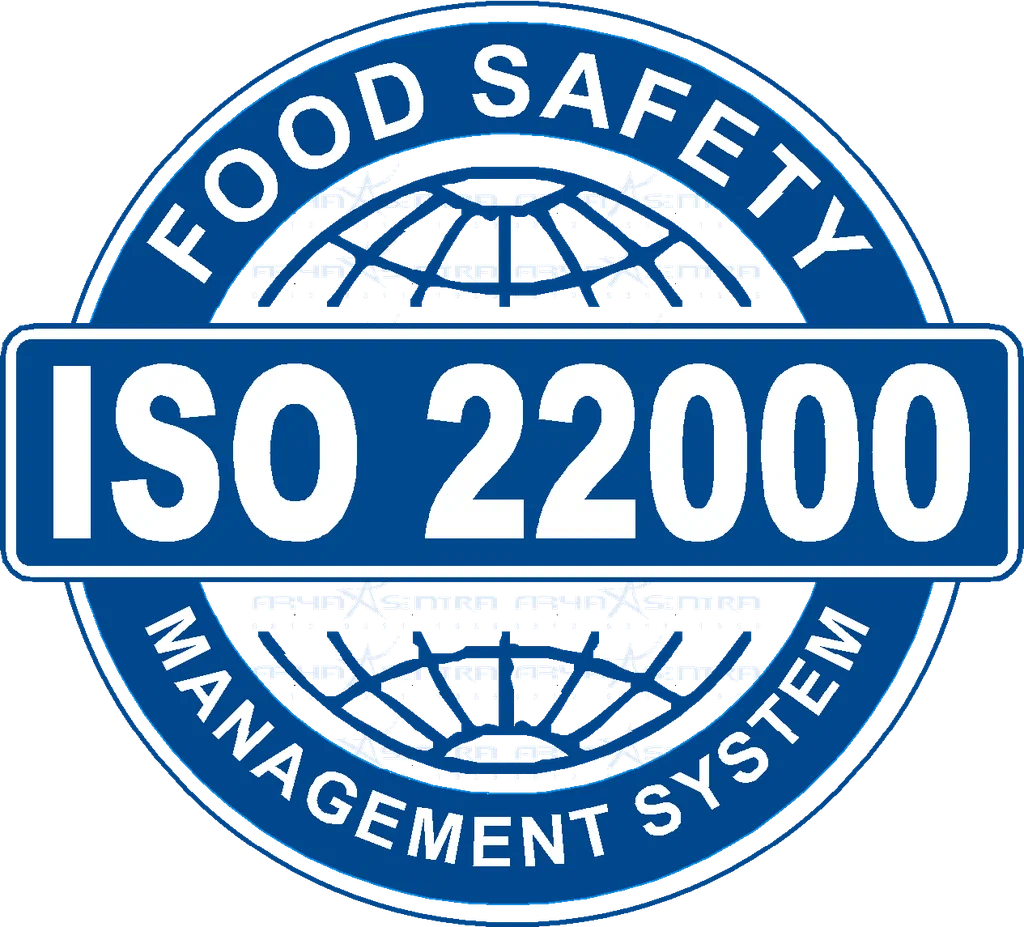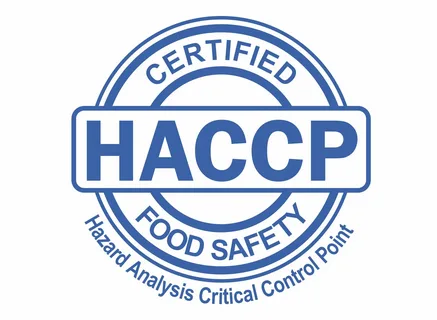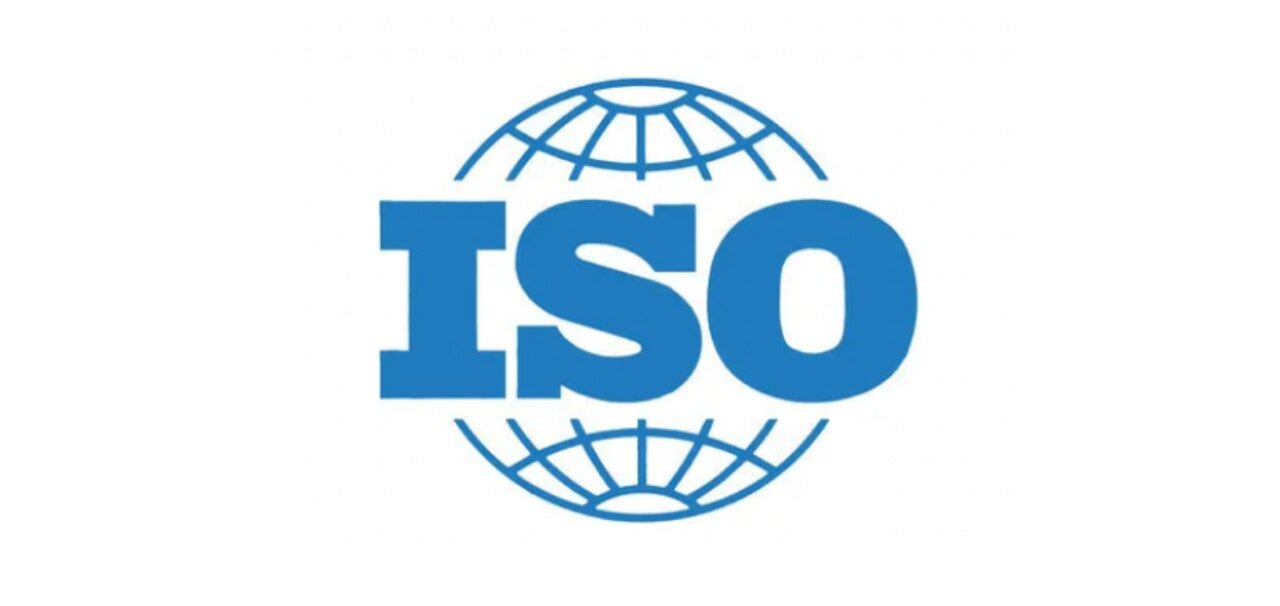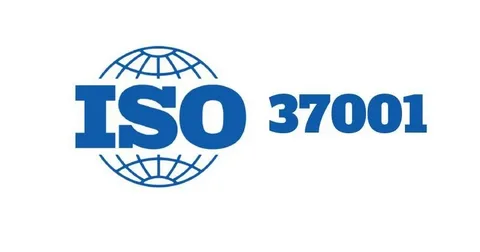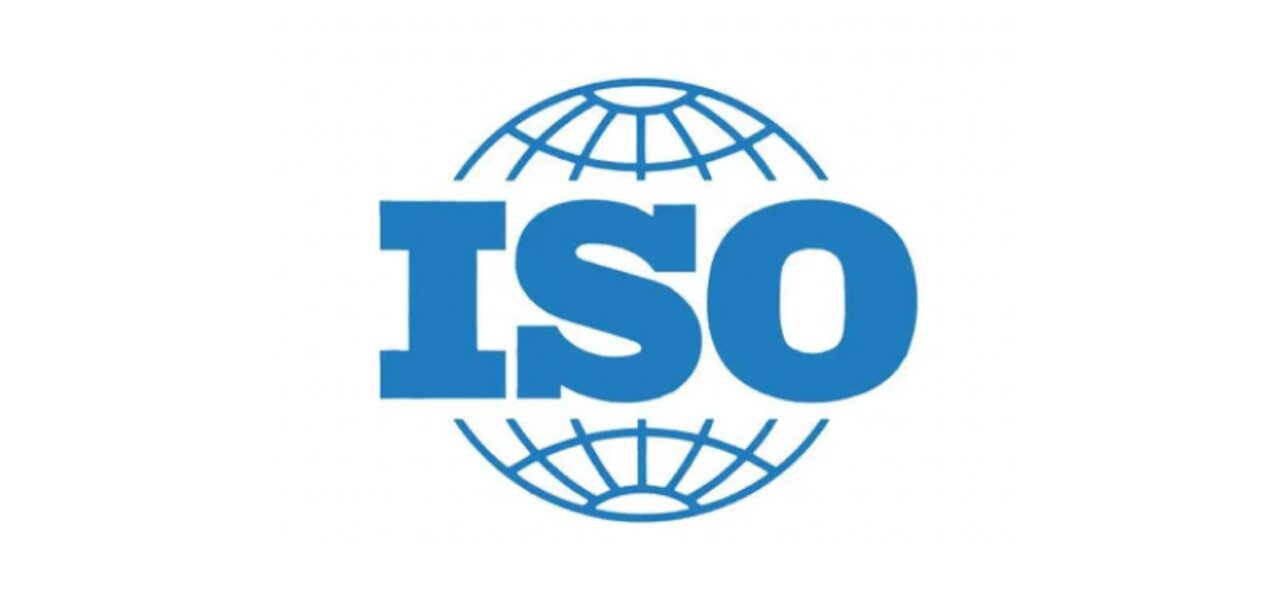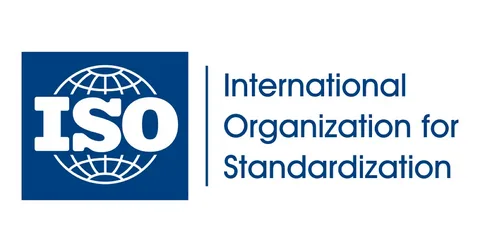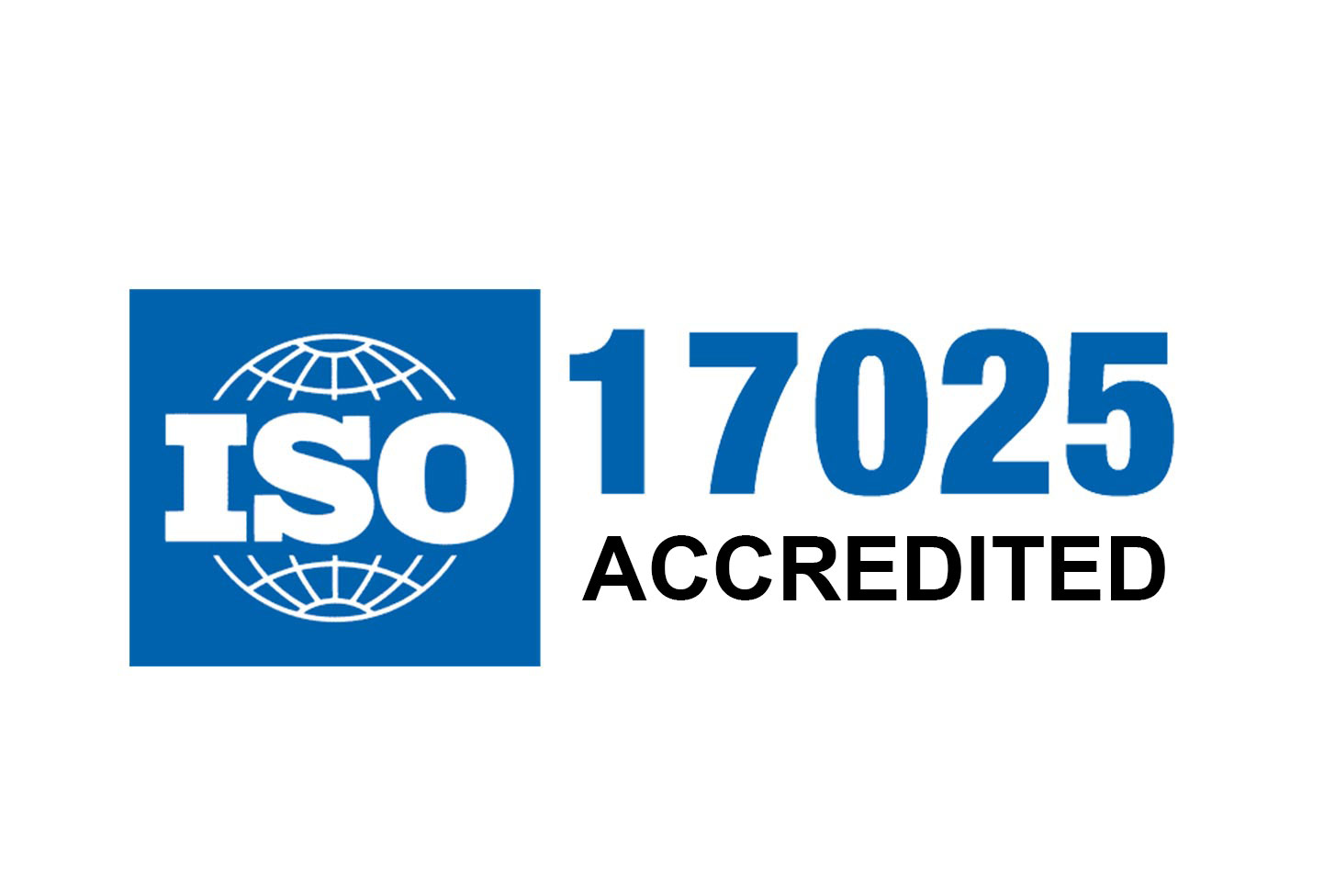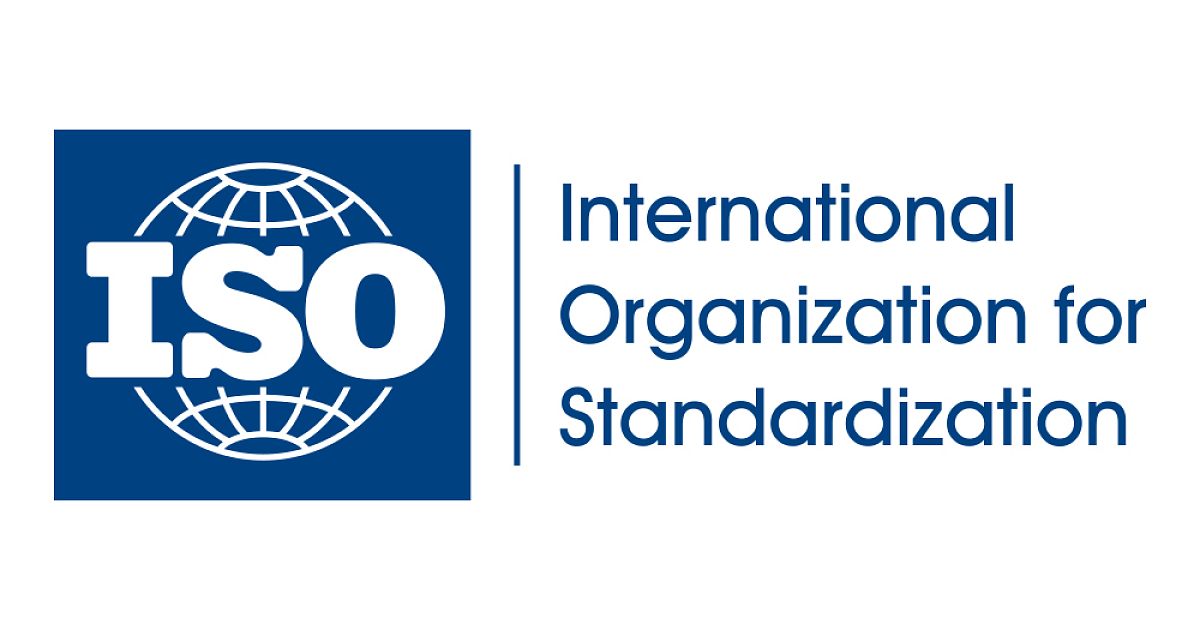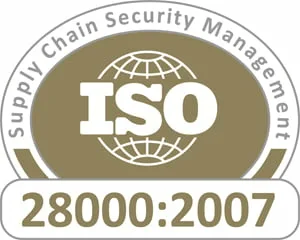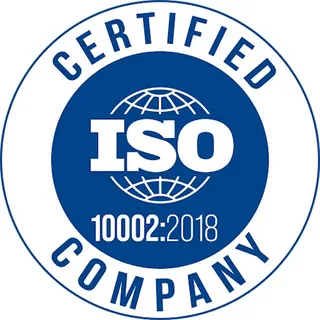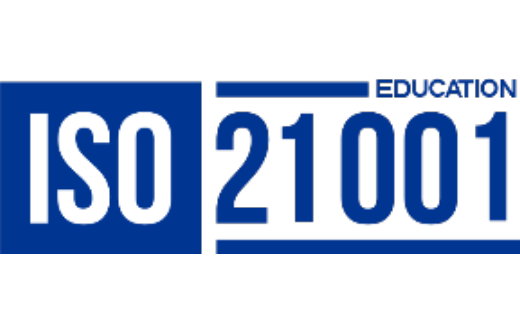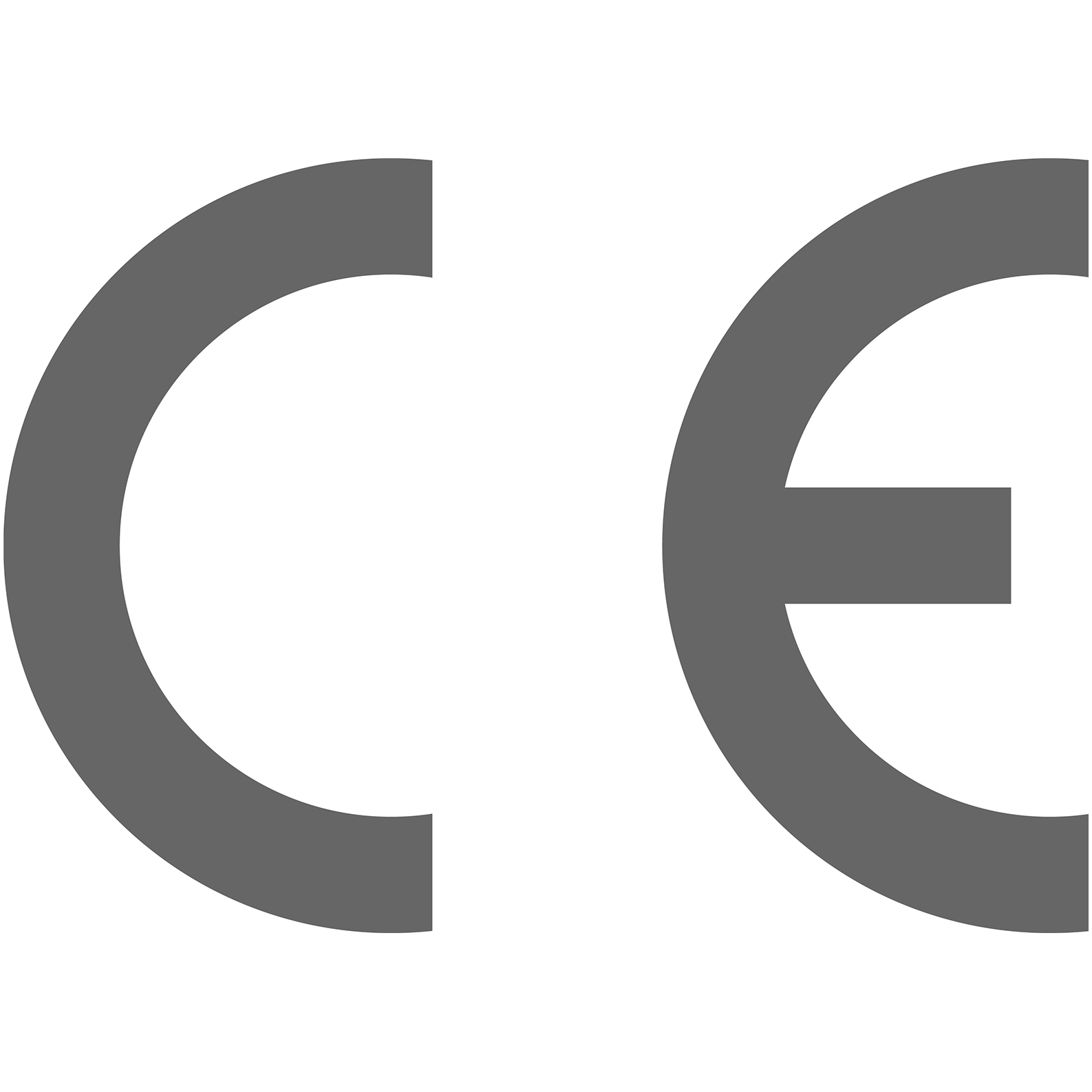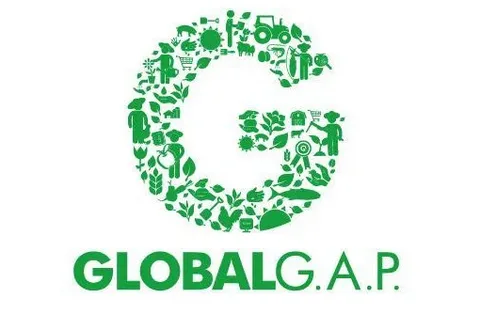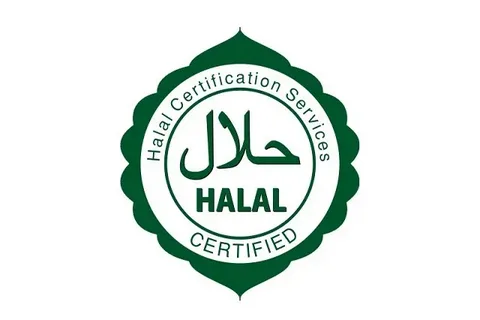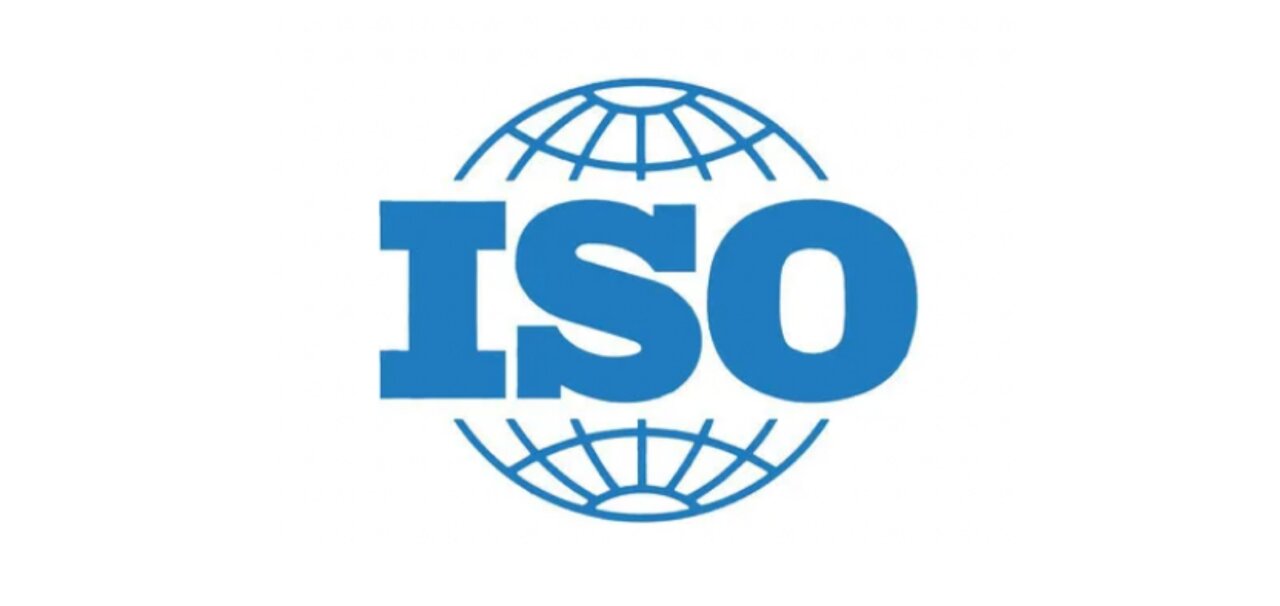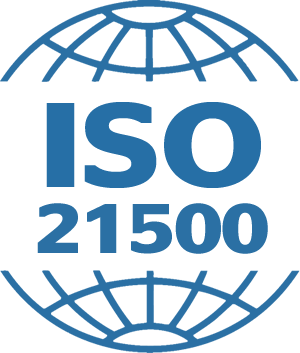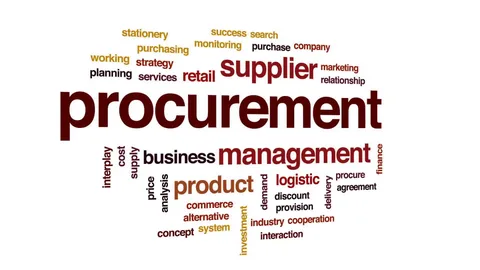ISO 9001: 2015 Training: Quality Management System
Improving product and service quality, ensuring customer satisfaction, and supporting sustainable development through the application of quality management principles in organizations. Training Content: Quality management principles and ISO 9001 requirements; Promoting process approach and risk-based thinking; Planning and monitoring quality objectives; Internal audits and continuous improvement methods. Training Benefits: Deep understanding of quality management principles; Comprehension of internal process optimization; Identifying strategies to enhance customer satisfaction; Gaining skills for effective implementation and improvement of management systems.
ISO 14001: 2015 Training: Environmental Management System
Introduction to ISO 14001 for environmental protection, waste reduction, and sustainable development in organizations. Training Content: Principles of environmental management and ISO 14001 requirements; Evaluation of environmental aspects and impacts; Environmental risk management and compliance; Waste management and sustainable development strategies. Training Benefits: Familiarity with standards related to environmental protection; Understanding methodologies to reduce environmental impacts within organizations; Gaining knowledge and skills in environmental management; Awareness of sustainability and legal requirements.
ISO 45001: 2018 Training: Vocational Health and Occupational Safety Management System
Ensuring management of health and safety risks in the workplace and applying advanced approaches to occupational safety. Training Content: Introduction to ISO 45001 requirements and application guidelines; Identification and assessment of safety risks; Strategies for protecting workers’ health; Methods for incident investigation and prevention. Training Benefits: Understanding occupational health and safety management systems at workplaces; Learning ways to manage and reduce accident risks; Developing strategies to create a safe working environment; Enhancing opportunities for professional certification in HSE (Health, Safety, and Environment).
ISO 27001: 2013 Training: Information Security Management System
Establishing and implementing an information security management system to ensure confidentiality, integrity, and availability of data within organizations. Training Content: ISO 27001 standard requirements and implementation; Methodologies for managing security risks; Data protection and cybersecurity measures; Ensuring compliance during internal and external audits. Training Benefits: Understanding standards for ensuring information security; Gaining practical skills in managing risks and threats; Learning to implement security protocols in organizations; Acquiring expert knowledge and experience in the field of information security.
ISO 50001: 2018 Training: Energy Management System
Ensuring more efficient management of energy resources in organizations and reducing costs related to energy usage. Training Content: ISO 50001 requirements and energy management principles; Analysis and measurement of energy usage; Strategies to improve energy performance; Establishing sustainable energy management processes. Training Benefits: Learning systematic approaches to enhance energy efficiency; Understanding optimization of energy use in organizations; Developing strategies to reduce energy costs; Gaining skills to effectively implement energy management systems.
ISO 22000: 2018 Training: Food Safety Management System
Teaching ISO 22000 requirements to ensure safety in food production and supply chain, and enabling effective management of food safety risks. Training Content: Basic principles of food safety and ISO 22000 requirements; Identification and assessment of safety risks; HACCP (Hazard Analysis and Critical Control Points) approach; The role of internal and external audits in food safety. Training Benefits: Learning international standards related to food safety; Gaining best practices to prevent foodborne illnesses; Applying safety protocols for the food industry.
HACCP Training: Food Safety Management System
Ensuring safe production processes by identifying, analyzing, and applying control mechanisms for food safety risks. Training Content: Learning and applying HACCP principles; Identifying risks related to food safety; Planning Critical Control Points (CCP); Documenting and improving the HACCP system. Training Benefits: In-depth understanding and application of HACCP principles; Understanding the analysis of critical control points for food safety monitoring; Developing skills to assess risks to ensure the safety of food products; Establishing appropriate control systems in the food industry.
ISO 31000: 2018 Training: Risk Management System
Implementing modern approaches based on ISO 31000 for identifying, analyzing, and managing risks. Training Content: Principles of risk management and ISO 31000 requirements; Risk assessment methodology; Risk mitigation strategies; Applying risk-based thinking in decision-making processes. Training Benefits: Understanding and applying risk management processes; Gaining skills to properly assess and manage risks within the organization; Preparing plans to address potential risks in advance; Developing strategies to minimize the impact of risks.
ISO 37001: 2016 Training: Bribery Management System
Applying the ISO 37001 standard requirements to prevent bribery in organizations and promote ethical management practices. Training Content: Anti-bribery management principles and ISO 37001 requirements; Development of ethical management policies; Identification of risks and implementation of control measures; Internal audits and monitoring against bribery. Training Benefits: Learning legal and ethical methods to combat bribery; Developing management measures to prevent bribery and corruption; Enhancing trust and transparency within organizations; Establishing strong controls and effective actions against bribery.
ISO 19011: 2018 Training: Management Systems Management Instructions
Ensuring the effective implementation of audits for management systems based on ISO standards. Training Content: Principles of planning and conducting audits; Roles and responsibilities of auditors; Data collection and evaluation during audits; Preparation and presentation of audit reports. Training Benefits: Learning the principles and methods of auditing; Gaining practical skills for conducting proper audits of management systems; Obtaining in-depth knowledge about audit objectives and fundamentals; Applying guiding principles for the systematic implementation of audits in organizations.
ISO 22483: 2020 Training: Tourism and related services
Improving service quality in the tourism sector, ensuring customer satisfaction, and establishing sustainable tourism strategies. Training Content: Quality standards for tourism services; Measuring and managing customer satisfaction; Approaches to environmental and social responsibility; Risk and resource management. Training Benefits: Learning standards to improve service quality in the tourism sector; Managing tourism services and ensuring customer satisfaction; Gaining skills in implementing service requirements and management systems in the tourism sector; Using standard-based methods to increase sector efficiency.
ISO 17025: 2017 Training: Practice of testing and calibration laboratories
Teaching the requirements of the ISO 17025 standard to ensure competent execution of testing and calibration activities in laboratories. Training Content: Establishment of laboratory management systems; Development of technical competence and methodology; Improvement of measurement and calibration processes; Quality control and documentation requirements. Training Benefits: Learning relevant standards to improve the quality and reliability of laboratory services; Developing work processes in testing and calibration laboratories in accordance with international requirements; Understanding the methods and procedures used to enhance laboratory competence; Ensuring that laboratory services in organizations are carried out in line with appropriate quality standards.
ISO 10006: 2017 Training: Project quality management system
Learning and practical application of the principles of ISO 10006 standard for quality management in projects. Training Content: Quality management requirements in projects; Preparation and implementation of quality plans; Monitoring and control of project activities; Evaluation of project outcomes. Training Benefits: Improving project quality and enhancing project management processes; Learning modern approaches to quality management; Gaining the ability to control quality at every stage of a project; Developing projects that meet the expectations of customers and other stakeholders.
ISO 22301: 2019 Training: Business sustainability management system
Implementation of ISO 22301 standard to increase the organization's preparedness for emergencies and ensure continuity of operations. Training Content: Business continuity principles and ISO 22301 requirements; Risk assessment and impact analysis; Development of continuity strategies; Organization of response actions in emergency situations. Training Benefits: · Learning how to develop business continuity strategies; · Ensuring continuity of organizational activities during emergencies and crises; · Enhancing skills in risk analysis and impact assessment.
ISO 28001: 2007 Training: Supply Chain Safety Management System
Introduction to ISO 28001 standard for managing security risks in the supply chain and increasing the efficiency of supply processes. Main Training Modules: Principles of supply chain security; Identification and assessment of risks; Monitoring and documentation of supply processes; Crisis management strategies in the supply chain. Training Benefits: Identifying and managing security risks in the supply chain; Taking preventive measures against security issues in the supply chain; Ensuring continuous and secure operations of the supply chain; Reducing risks to ensure product safety and quality.
ISO 10002: 2018 Training: Customer Satisfaction Management System
Requirements and implementation methods of ISO 10002 standard to ensure effective management of customer complaints, increase customer satisfaction, and strengthen organizational relationships with customers. Training Content: Principles of customer satisfaction management and ISO 10002 requirements; Procedures for receiving and responding to customer complaints; Investigation of complaints and problem-solving approaches; Analysis of customer feedback and development of improvement strategies; Effective communication techniques in complaint management. Training Benefits: Learning how to properly manage customer complaints and increase satisfaction; Ensuring the development of customer services and relationships; Applying customer satisfaction metrics effectively; Developing a customer-oriented management culture within the organization.
ISO 21001: 2018 Training: Management system for educational institutions
Learning the requirements of the ISO 21001 standard to improve the quality of educational services in educational institutions and ensure the satisfaction of students and other stakeholders. Training Content: Educational management principles and ISO 21001 requirements; Identifying the needs and expectations of stakeholders; Managing the quality of educational services; Planning, implementation, and monitoring of teaching processes; Strategies for improving educational services. Training Benefits: Development of management systems in educational institutions; Familiarization with methods to improve the quality of educational services; Ensuring customer (learner) satisfaction in the education sector; Improvement of management and organizational structures of educational institutions.
CE Marking Certification
Familiarization with the procedures for obtaining the CE mark, which ensures compliance of products with European Union standards. Training Content: What is the CE mark and what are its requirements? Conformity assessment procedures; Preparation of technical documentation; Legal requirements for the use of the CE mark. Training Benefits: Understanding international requirements and conformity procedures related to the CE mark; Ensuring CE compliance for access to European markets for products and services; Manufacturing products in compliance with standards accepted by the European Union; Improving product quality and safety.
FSSC Training: Food Safety Management System
Implementing FSSC requirements to improve food safety and quality standards in food production. Training Content: Core principles and requirements of FSSC; Food safety management system and HACCP approach; Risk management and monitoring; Documentation and audit process in food safety. Training Benefits: Ensuring compliance with food safety standards and requirements; Establishing effective systems to manage risks and hazards in the food industry; Enhancing customer satisfaction by applying international food safety standards; Supporting the protection of food safety in production and processing operations.
Dryer Service Training: Quality and Safety Control
Supporting the development of professional knowledge and skills in quality and safety control in surveyor services. Training Content: Fundamental principles of surveyor services; Safety standards for cargo and goods; Quality inspection procedures; Preparation and presentation of reports. Training Benefits: Assessing compliance of services and products with quality and safety standards; Identifying risks and improving safety measures; Managing quality control processes more efficiently; Ensuring continuous monitoring of both quality and safety.
Global G.A.P. and organic agricultural training
To provide knowledge and skills for organizing agricultural production in accordance with global standards and for producing environmentally friendly products. Training Content: Requirements of Global G.A.P. standards; Organic farming production methods; Proper usage guidelines for pesticides and fertilizers; Principles of ecological sustainability and documentation processes. Training Benefits: Familiarity with international requirements to improve the quality of agricultural products; Ensuring organic production and more sustainable farm management; Making agricultural production more reliable and of higher quality; Increasing market competitiveness of products through compliance with Global G.A.P. standards.
Halal Certification Training
To teach the principles for organizing production and services in accordance with Halal standards. Training Content: Requirements and key principles of Halal standards; Ensuring compliance of production and service processes with Halal requirements; Certification procedures based on Islamic laws; Market adaptation of Halal products. Training Benefits: Understanding the requirements for Halal-certified product manufacturing and service delivery; Promoting Halal product manufacturing in Islamic countries and the global market; Ensuring the quality and safety of Halal-certified products; Benefiting from the market potential of the Halal industry
IsoDelegation Trainings on ISO Standards
To improve documentation processes required during the implementation of ISO standards and ensure compliance with management systems. Training Content: Preparation of documents in accordance with ISO standards; Description of procedures and processes; Management of documentation systems; Preparation of documents for audits and inspections. Training Benefits: Understanding documentation requirements based on ISO standards; Learning the processes of preparing and maintaining relevant documents in organizations; Developing skills to improve and manage documentation systems; Supporting quality assurance by ensuring the compliance of ISO documents.
ISO 21500: 2021 Training: Project, Program and Portfolio Management
To teach the requirements and application methods of the ISO 21500 standard for managing projects, programs, and portfolios. Training Content: Project management principles and ISO 21500 requirements; Strategies for portfolio and program management; Project lifecycle: planning, execution, monitoring, and completion; Resource and risk management.
Purchase training
Introduction to the essential knowledge and methods for the effective management of procurement processes, optimal use of resources, and ensuring the sustainability of the supply chain. Training Content: Procurement principles and management strategies; Supplier selection and evaluation methods; Stages of the procurement process: planning, execution, and monitoring; Preparation and management of procurement contracts. Training Benefits: · Acquisition of in-depth knowledge and practical skills in procurement; · Development of professional competencies in supply and procurement, leading to improved career opportunities; · Enhanced ability to make accurate and timely decisions in procurement processes; · Improved capability to assess and manage supply and procurement risks; · Better utilization of organizational resources through more effective procurement strategies.
